The article is an analysis of the underlying issues in the Weavers Ward and in general the East End, which appears not to be addressed in the by-election, forced by the untimely death of the late Cllr. John Pierce.
“Willkommen, bienvenue, welcome!
Fremde, etranger, stranger.
Gluklich zu sehen, je suis enchante,
Happy to see you, bleibe, reste, stay.”
– Cabaret (1966), John Kander and Fred Ebb
The Vanity of Elections
Elections are a bit like a travelling fair. As I am always reminded when I knock on doors during an election campaign by voters. “Oh! all you guys, nowhere to be seen, only at election times.”
Election campaigns are crude, clownish affairs. The issues in a campaign serve as musical numbers performed by the candidates, revel in the decadence of leaflets, pamphlets and sloganeering. This year, Liveable Streets (Low Traffic Neighbourhoods) and Anti-Social Behaviour are the favourite tunes sung by candidates.
Ignored by the campaigns is the relative decline of working-class communities in the area, in general, the East End. Overlooked is the rise of inequality following the age of austerity. All are documented in detail by reports from the Runnymede Trust and the Institute of Race Relations.
So what is this by-election really about?
A Vote Against the Road Blocks?
Weavers ward was the first area to have Liveable Streets (Low Traffic Neighbourhoods). An issue so divisive, described as one resident as the equivalent of Brexit. Canvassing in the area lead to walking into a heated exchange between Labour Canvassers and a resident. The man accused the local Labour Party and Tower Hamlets Council of abandoning the working classes for an upwardly mobile demographic. Pointing out that working-class residents, use their cars not out of choice but out of necessity as it is a means of income.
Has Tower Hamlets Council abandoned its working-class communities?
The other half of Shoreditch
Weavers Ward juxtaposes the “Hipster and Happening” Shoreditch with social housing estates that dominate the area. Yet looking at Tower Hamlets Council publicity, there seems to be a significant airbrushing of working-class residents and the social housing estates in which they live.
It seems in Tower Hamlets, a kind of cruelty exists in terms of amplification and emphasis of policies, mistaking wealth and affluence for virtue. By treating poverty as inevitable for parts of our community, and abandoning them by taking up policies that are perceived to be detrimental to them, thus compounding the poverty they find themselves in, we are not depriving them but society as a whole. Ordinary folks are denied the ability to contribute, and we as a society are denied the benefits of their insights and gifts.
As Sarah Kendzior wrote about her commentary on middle America, “Poverty is not a character flaw. Poverty is not emblematic of intelligence. Poverty is lost potential, unheard contributions, silenced voices.”
“Money makes the world go around
The world go around
The world go around”
– Cabaret (1966), John Kander and Fred Ebb
Down and Out on Old Nichol Street
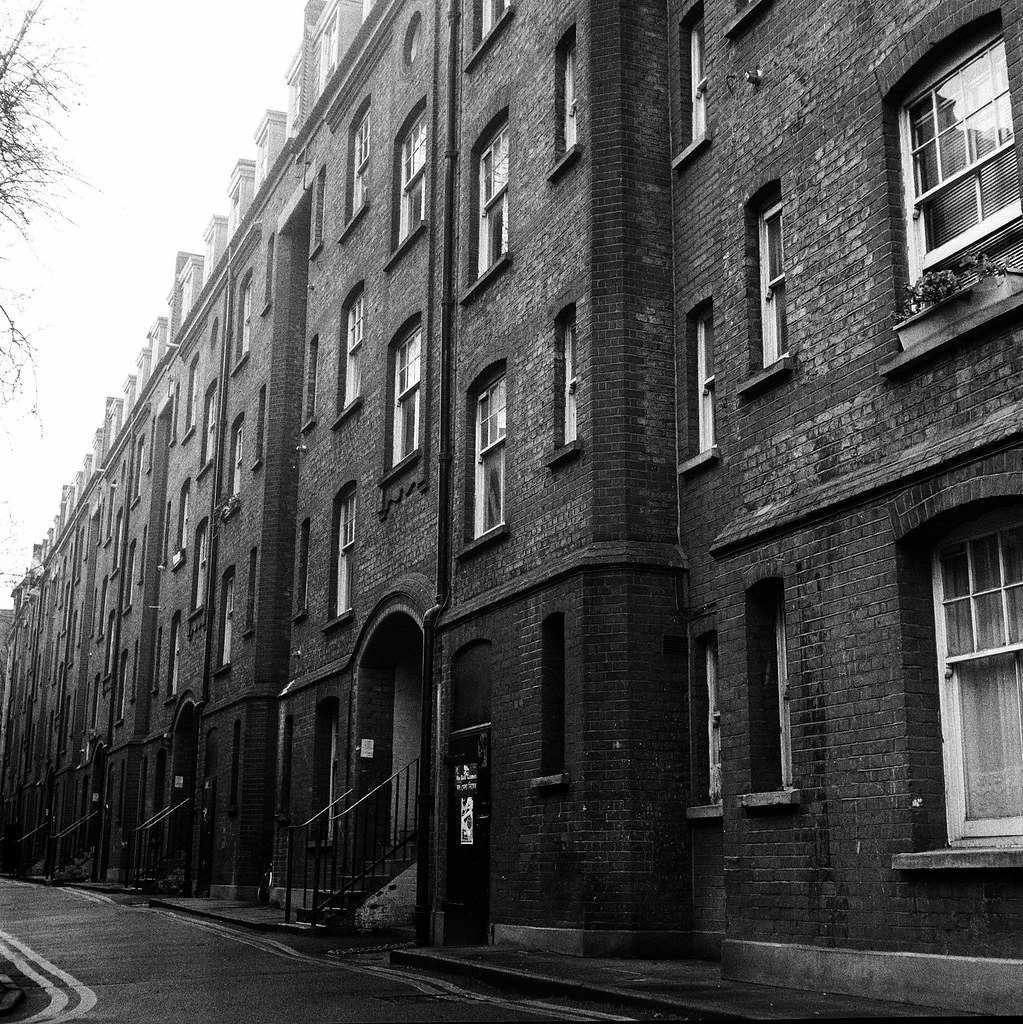
While canvassing for the local Labour Party in Weavers, I found myself on the Boundary Estate. One of the first council estates in Britain, formally opening in 1900, with architecture being inspired by William Morris. The estate was built to replace an infamous slum on and around Old Nichol Street.
With the canvassers, I found myself in a quiet street on the state with two blocks facing each other. There was an old Bangladeshi lady in her saree watering plants outside her flat. I peeled away from the canvassing group and approached her to start up a conversation in colloquial Sylheti.
“Aunty (maternal), I am a nephew of yours who happens to be a Councillor, may I ask what problems you and your neighbours face, and with your permission and by the grace of God (tawfiq) let me try to assist”. She replied, “We have been abandoned, no one cares”. Amongst all the problems stated, in particular, she and her neighbours faced was that the wooden window frames in the blocks were rotting away. Allowing cold and rain to enter the flats. Nothing has happened despite promises of the windows being replaced by Tower Hamlets Homes (the Council housing provider). She finished the conversation with, “Why are we spending money on blocking the roads and not on the windows?”
I reported the windows issues to the board runner to be communicated back to the campaign. We finished the canvassing session and went our separate ways. I, with locals, to collect my bike from a nearby house and the rest of the ‘entourage’ towards Redchurch Street. On the way home, I saw the ‘entourage’ revelling at an outdoor table at a swanky Italian Cafe’, in ‘Hipster and Happening’ Shoreditch. A group picture from the Café was posted on social media to mark the ‘occasion’.
So we all left Weavers Ward and the residents of the estate. Each to their own.
“Leave your troubles outside,
So! Life is disappointing? Forget it!
In here, life is beautiful.”
“Auf wiedersehen!
A bientot!
Good night?“
– Cabaret (1966), John Kander and Fred Ebb

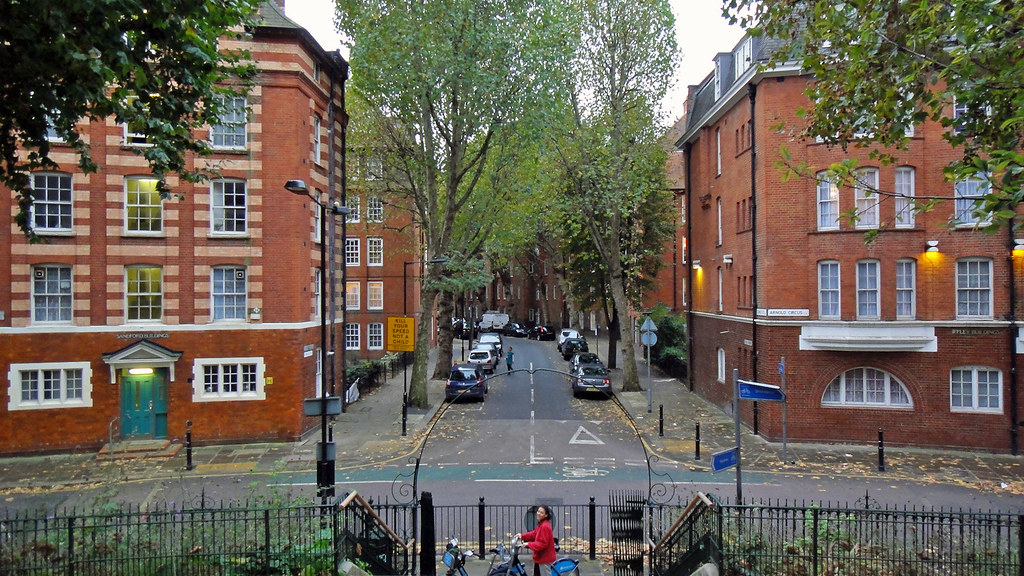
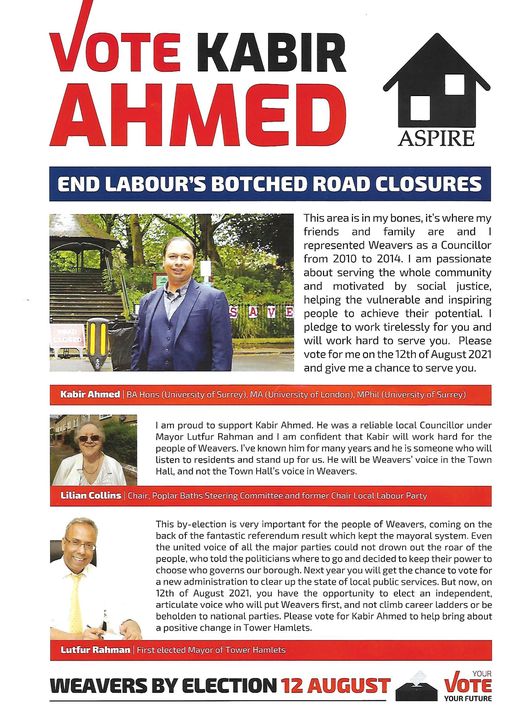
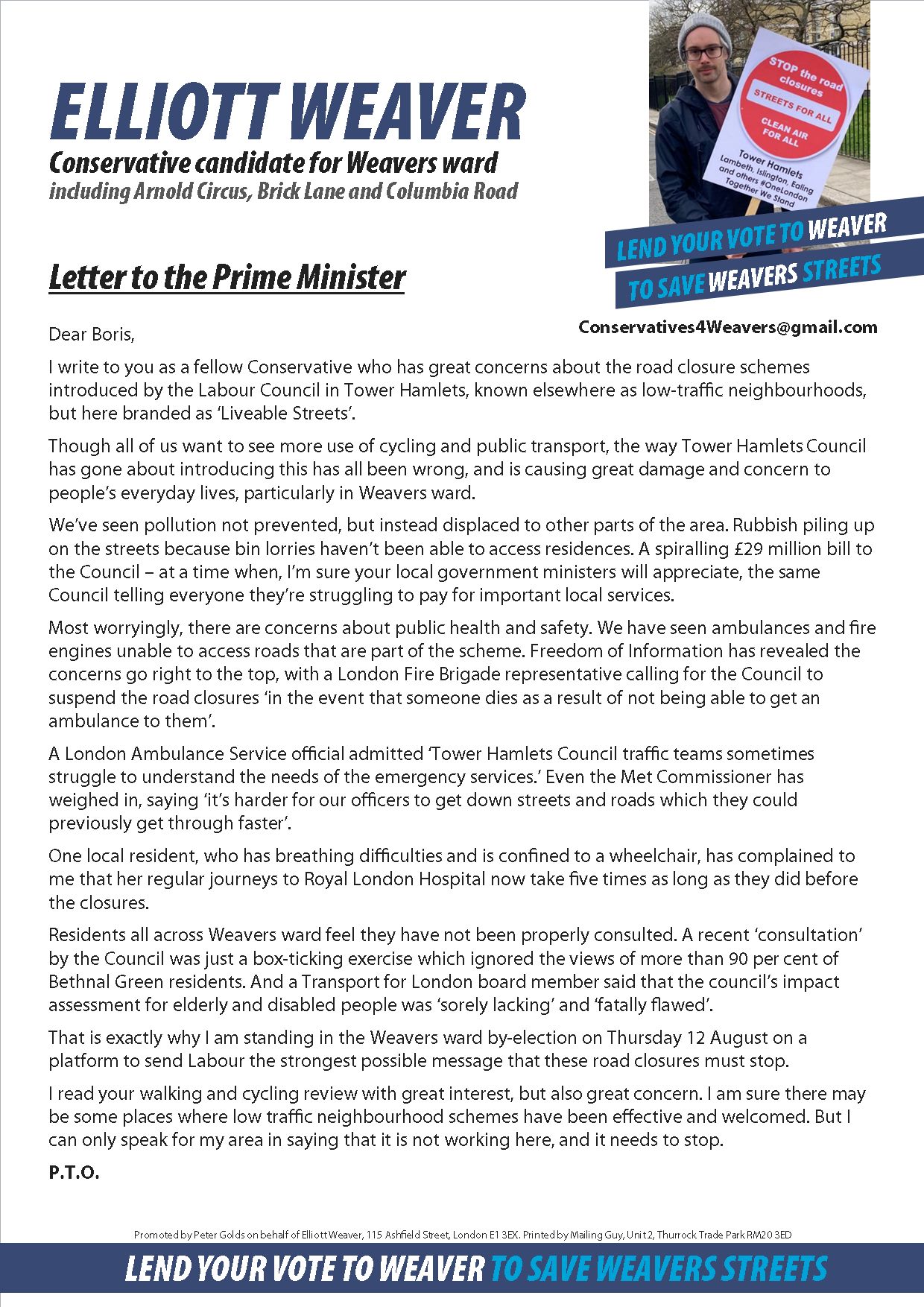
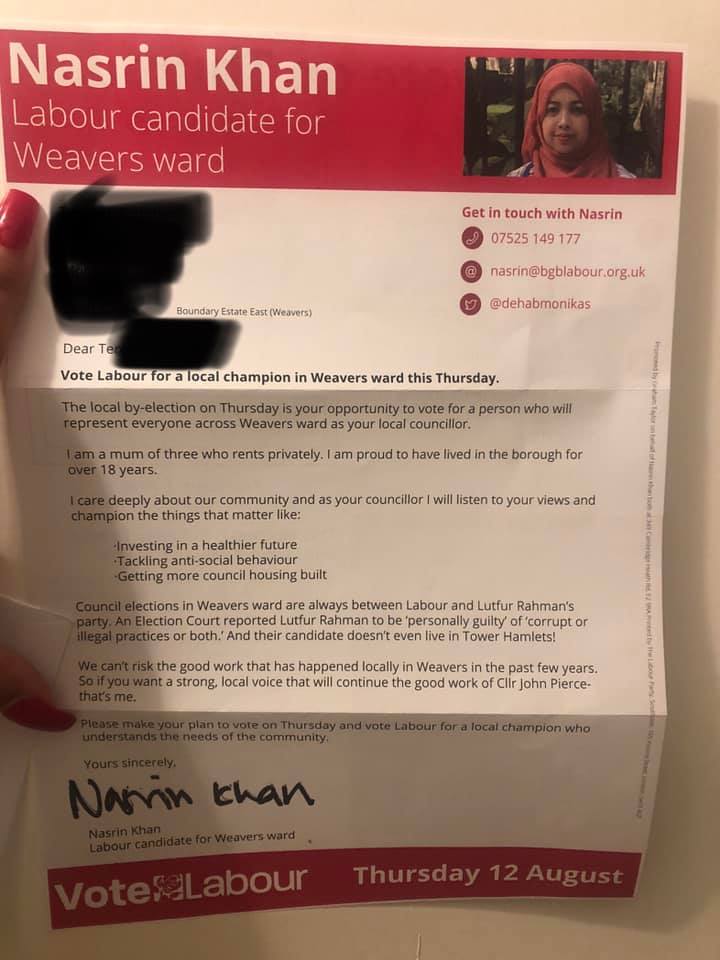

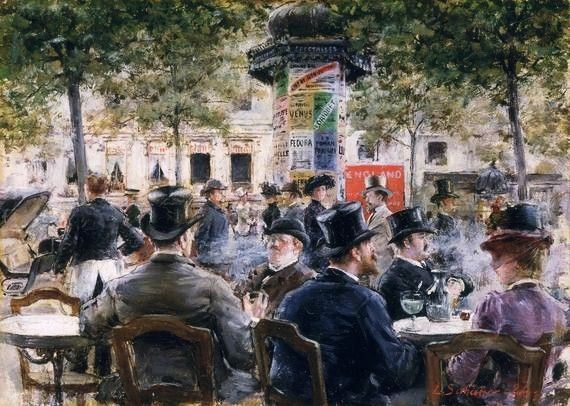

Recent Comments